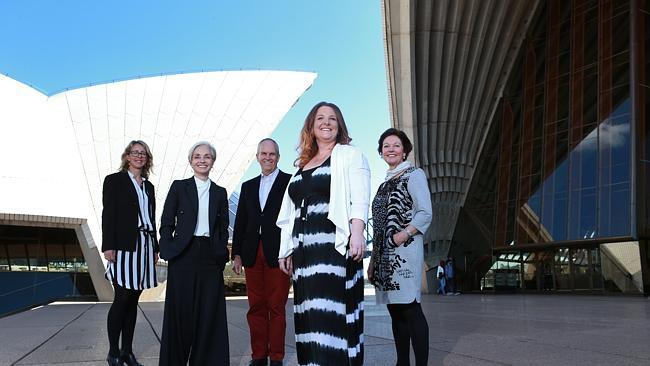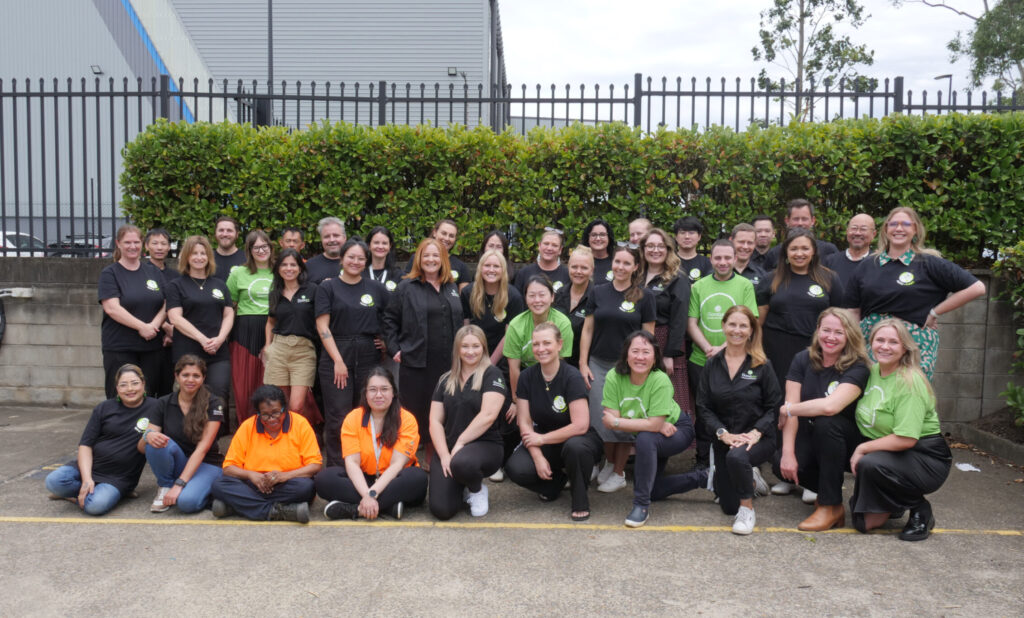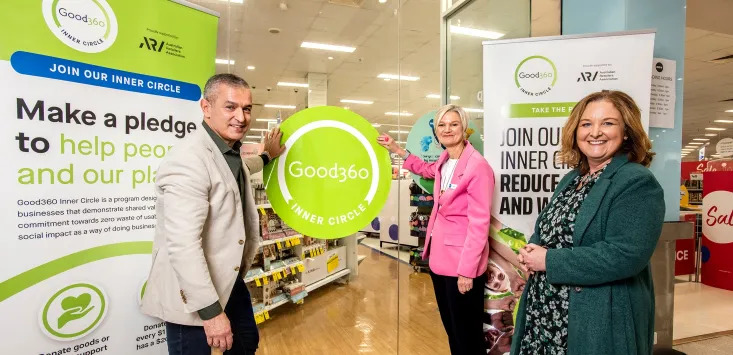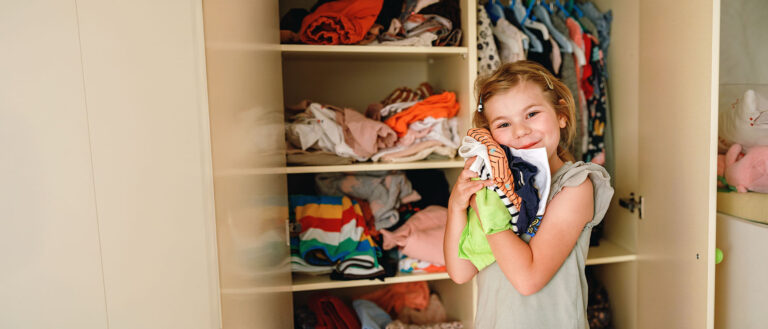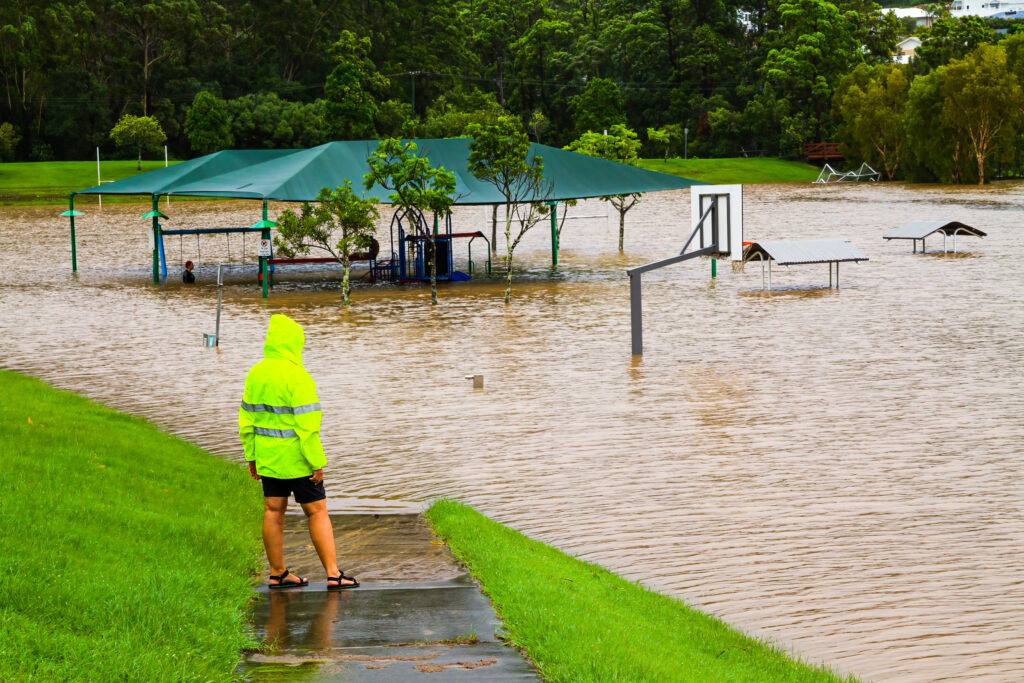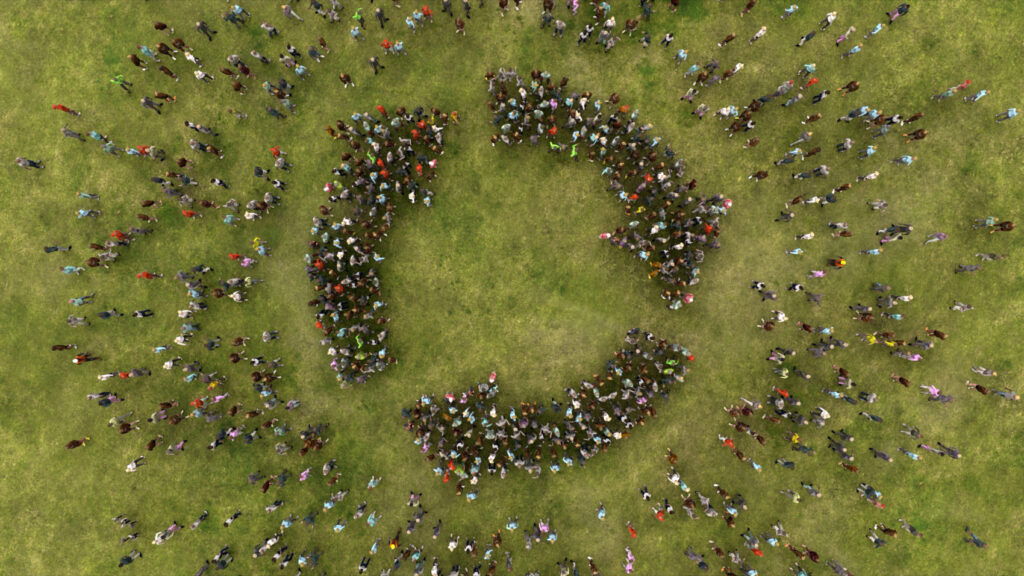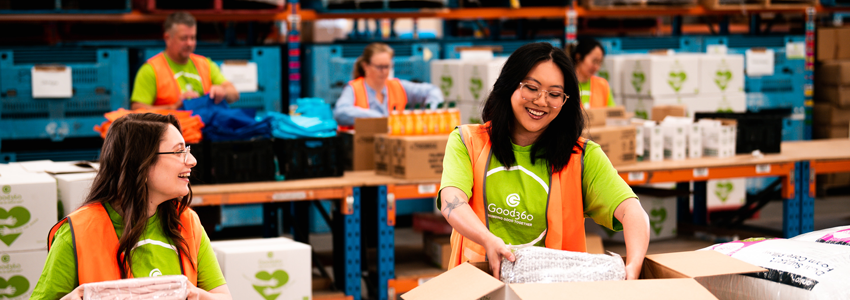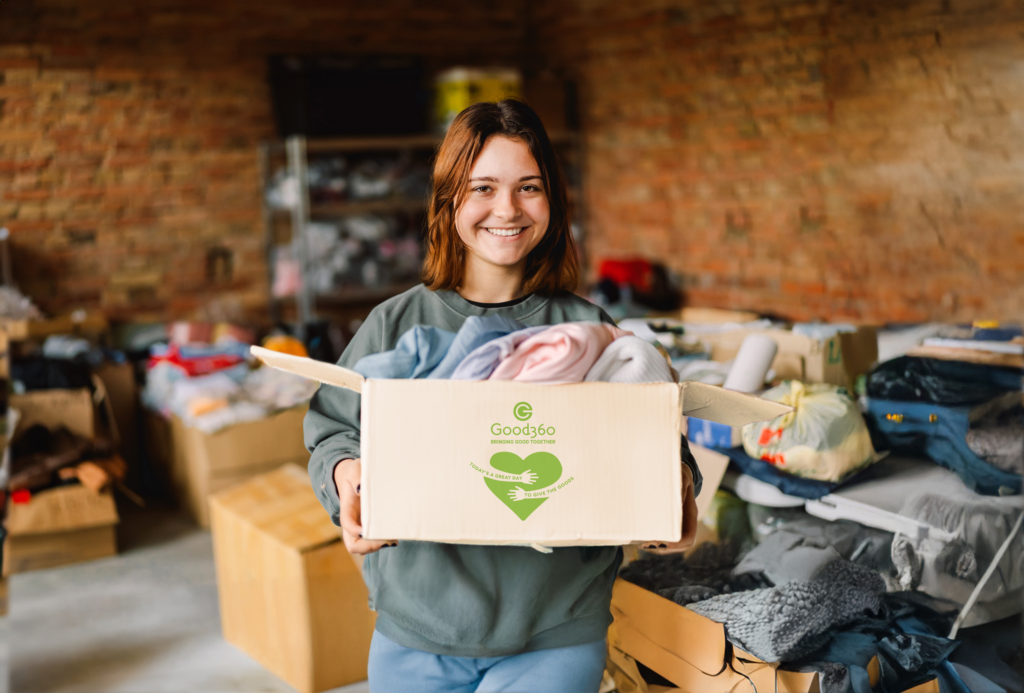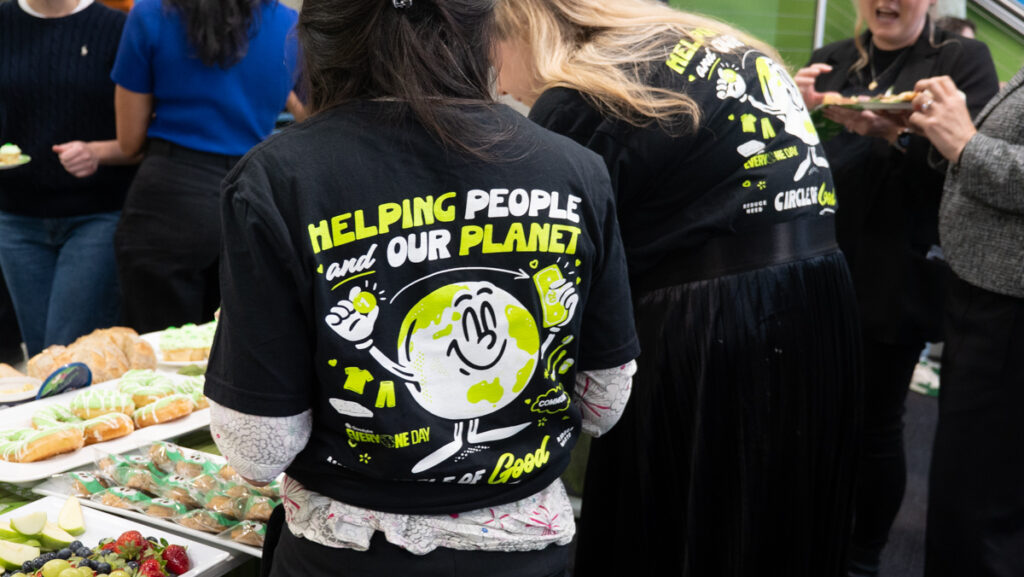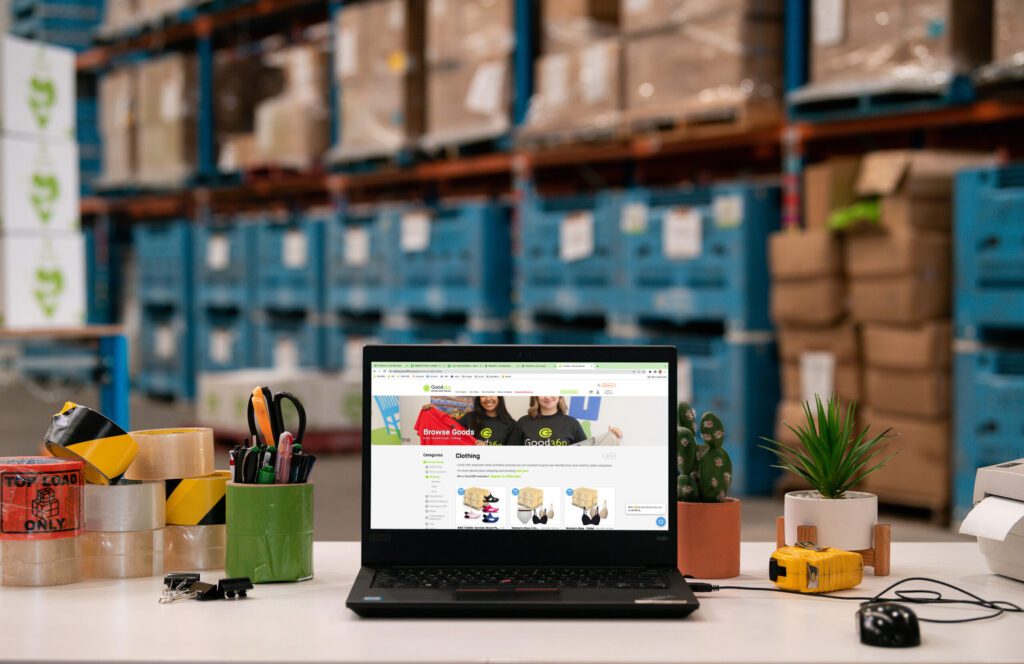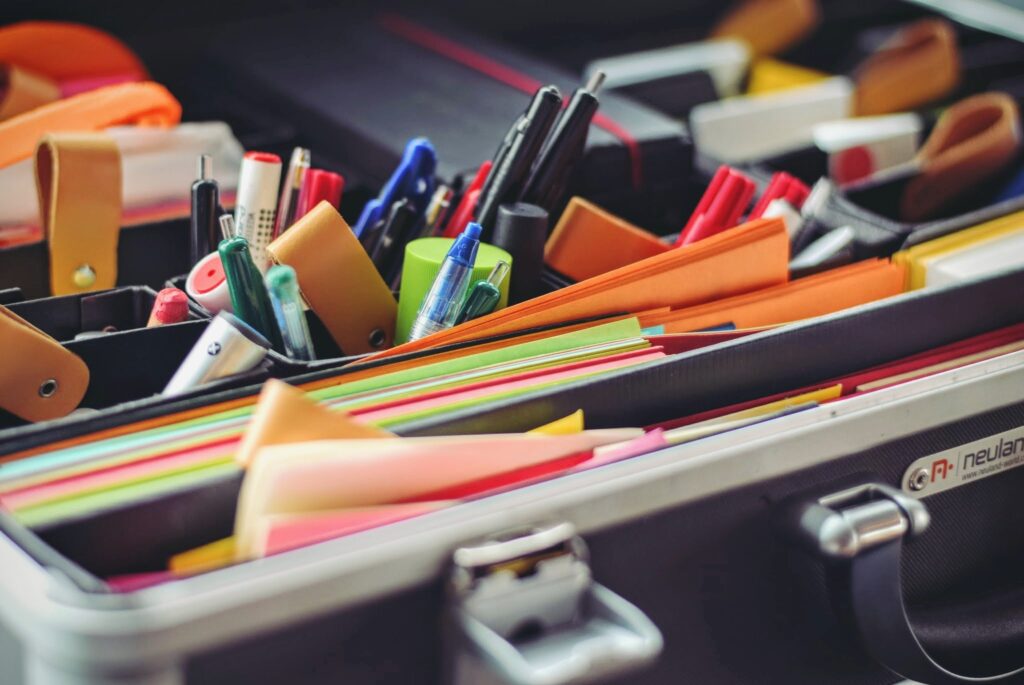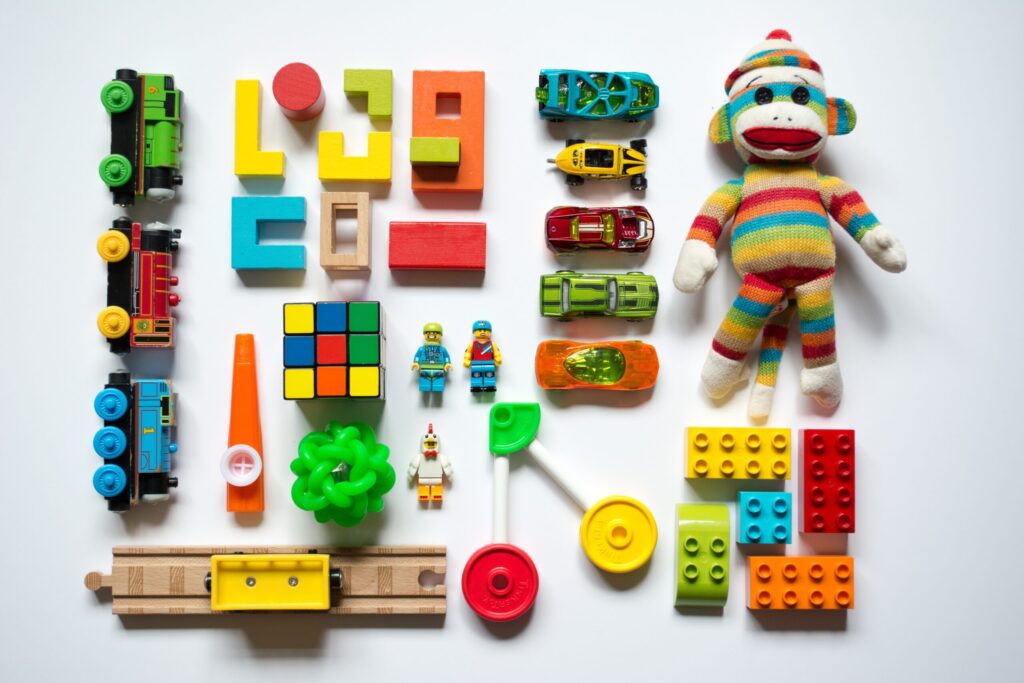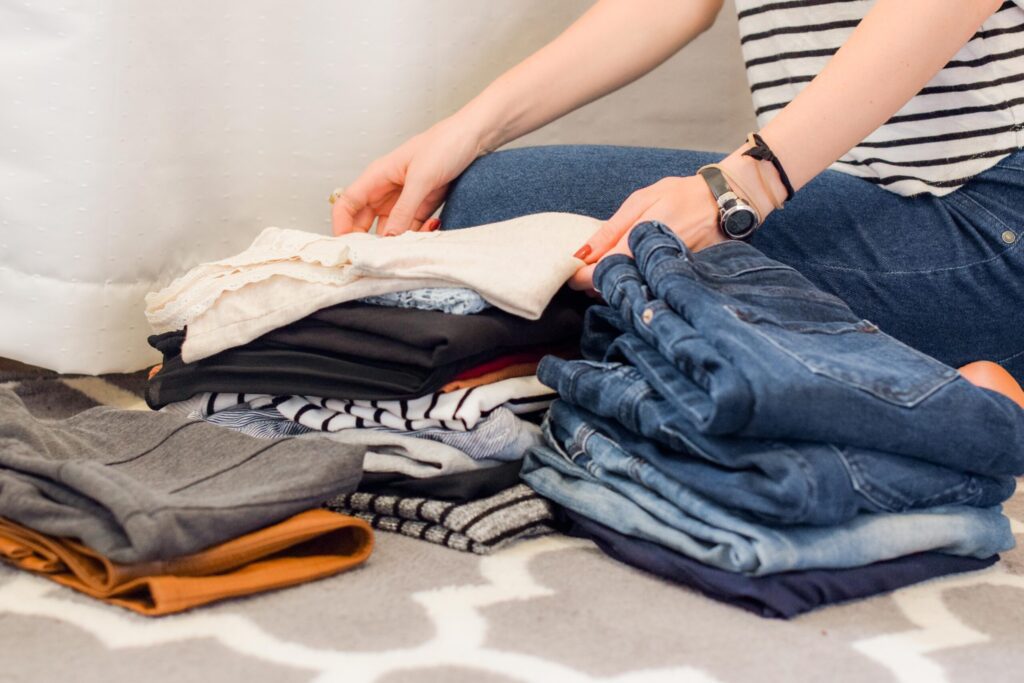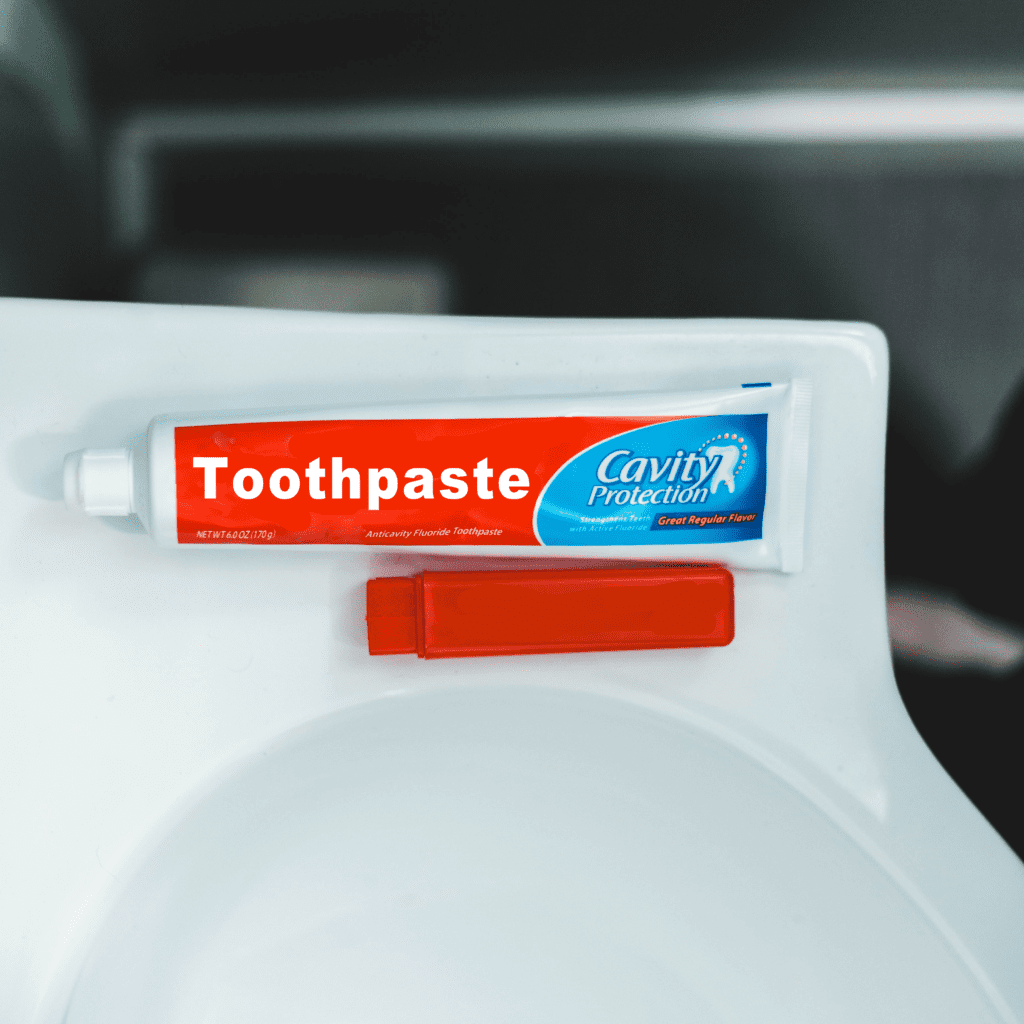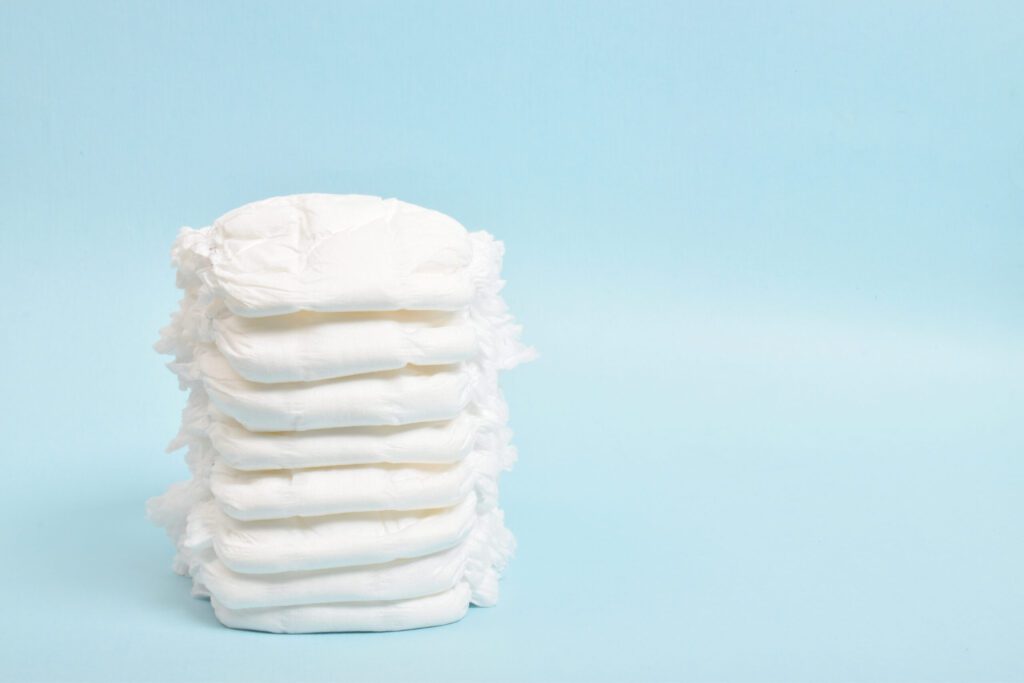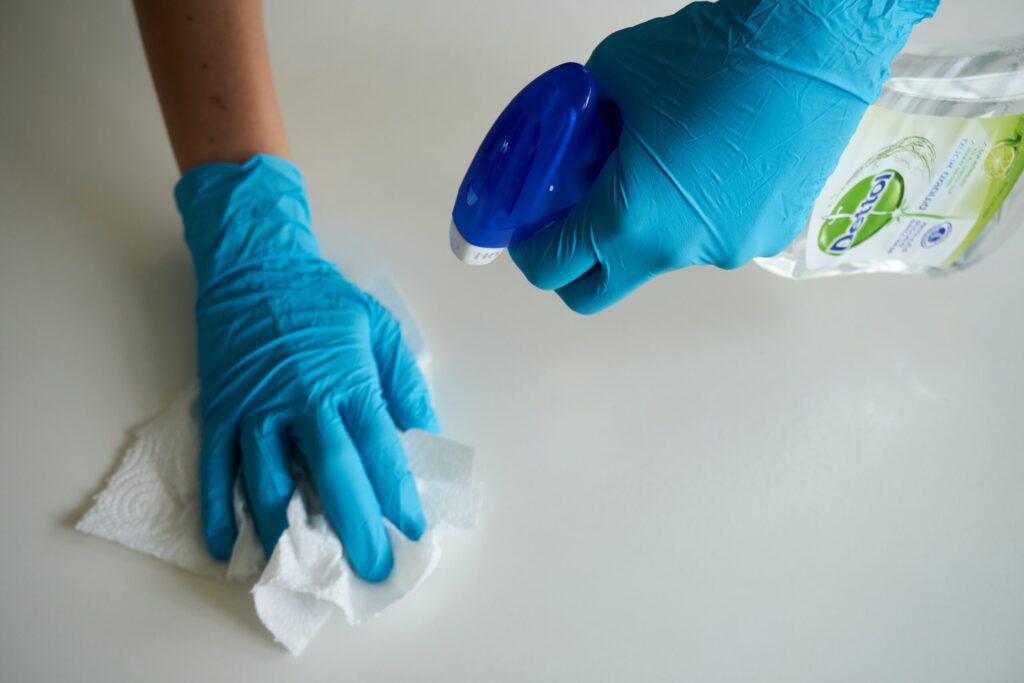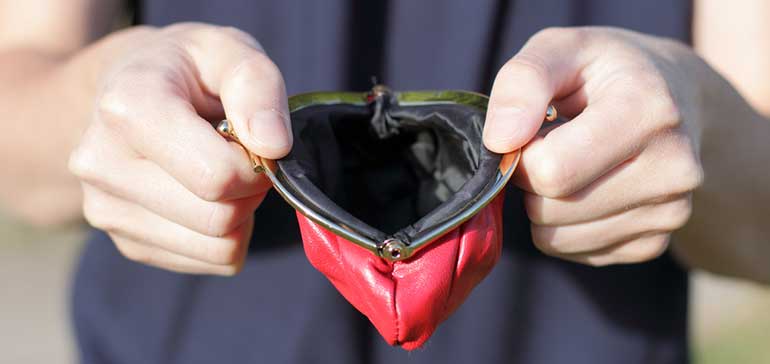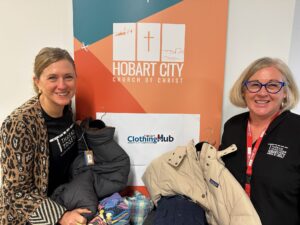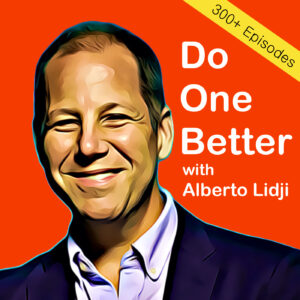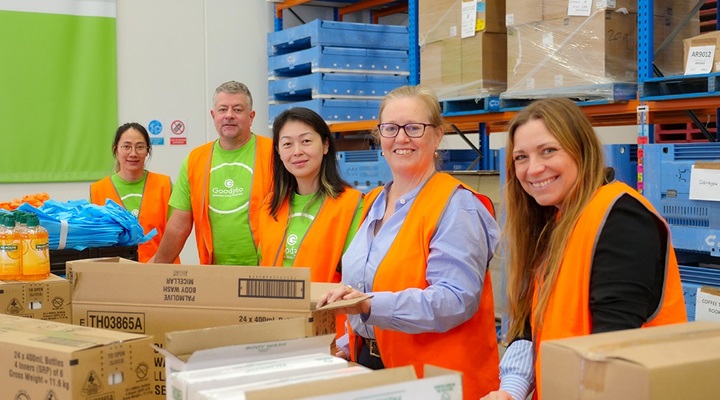Published on Probonoaustralia.com.au December 15, 2016 by Wendy Williams
Nearly a quarter of Australian charities and not for profits cannot afford office supplies, according to a national survey.
Goods for the Greater Good, which was released by HLB Mann Judd in partnership with Good360 Australia, outlined the needs and financial challenges faced by not-for-profit organisations.
It found Australian charities were struggling to afford the goods they needed to operate.
Good360 founder Alison Covington said the survey aimed to provide insight into which goods charities need but could not afford, in a bid to evolve Good360, which launched in 2015, to be as efficient and effective as possible.
“Our business is about connecting excess product to charities and people in need and what we wanted to know was have we got the right products for charities,” Covington told Pro Bono Australia News.
“So, we partnered with HLB Mann Judd to ask the question.
“We feel very privileged to have had the support of HLB Mann Judd to enable us to implement a national charity and not-for-profit survey to gain a clear understanding of their needs.”
The survey revealed that even large Australian charities were struggling to procure the goods they needed to continue their operations.
Nearly a quarter of Australian charities (23 per cent) found office supplies one of the most difficult things to afford.
Meanwhile, household goods such as linen (21 per cent), kitchenware (26 per cent) and furniture (28 per cent), remained unaffordable and the highest demand category.
Covington said the report confirmed there was a need in Australia.
“I suppose it [the report] was justifying to us the need here in Australia, that charities are finding it hard to access these goods and that they just simply don’t have the budget and are going without,” she said.
“What we have here in Australia is [a situation where] businesses have these excess goods but they don’t know how to connect it to these charities, and charities have confirmed to us that they do need these products.
“They need the personal care products, the office furniture… office supplies, nappies and household goods and… they are having to spend that hard earned cash, that they have had to go and get funding for… and buy that product, or if they are not buying it they are going without.
“And what we know is that we can access those goods for them, give it to them and then they can use those fabulous funds to do more good in their programs and services. And that’s what they’re in the business of doing.”
Covington said she encouraged charities to “go back to their mission statements”.
“Our mission statement is to connect businesses’ excess goods with charities. It’s not, I don’t believe, in any other charities mission statment to go begging for products, that’s our job,” she said.
“And this is what we say to them, ‘we don’t want you wasting your time running around doing that, we’re going to do that for you, that’s why I set up my business to go and do the hard work for you. You do what you’re good at, we’ll do what we’re good at, let’s all stick to our knitting and we can get people out of poverty’.
“We can get disadvantaged people back into employment, back into the workforce, into education, there are so many great things we can do when we collaborate to solve these problems here in Australia.”
The report took survey data collected from a large pool of Australian charities and not-for-profit organisations which form part of HLB Mann Judd’s ENFP (Exclusive Not-For-Profit) Community, as well as registered Good360 members.
A total of 106 charity organisations responded to the survey.
Read the full report here.
Covington said the survey was an important step toward achieving the organisation’s aim of distributing over $1 billion of goods to Australians in need.
“I think the businesses want to be involved, but they just needed to know who wants their product and data drives every business decision, especially with our biggest brands and retailers, and to have good evidence like this is fantastic,” she said.
“Our partners in the US, where I got the idea from, have already done $9 billion worth of goods and on average they’re doing $350 million a year.
“Here in Australia we have just scratched the surface and we’ve already got $15 million worth of goods donated to us by very generous partners and we haven’t really even kickstarted.
“So the $1 billion is very, very achievable. I think it is something that we have to set ourselves a target so that we don’t sit back. We’re scaling very rapidly and I think it quite exciting how quickly we’ll get to that goal.”
Covington said the business model, which provides a way for some of Australia’s largest manufacturers and retailers to donate unsold goods to charities, was an obvious solution to a problem.
“I challenge people to say that you know we solved it with food but where do all the other good things go, and the light bulb goes on for people and they’re thinking ‘oh, I’ve never thought about that, what is happening with our toys and our clothes and our office supplies?’” she said.
“As soon as they start to think about it they go, ‘well it’s obvious isn’t it, we need to have that business solution’ and the businesses are… throwing the product at us because they have never had a solution for it.
“Now as we are getting a little bit more funding and a little bit more start, we’re able to create these impact stories and show them what we’re doing and how our charity partners are using these beautiful products and it is completing that circle.
“And people are just amazed how it is changing the lives of our disadvantaged Australians.
“So we just say we’re the best little thing nobody has ever heard of. And really in 2017 our goal is to be known about and raise our brand so more people can access our service and more businesses will be able to donate their product to us.”
HLB Mann Judd’s Kim Kelloway said Good360 had an important role to play.
“Thousands of Australian charities will have access to important goods they previously had to pay for or in many situations had to go without because of funding limitations,” Kelloway said.
Read the full article here.

